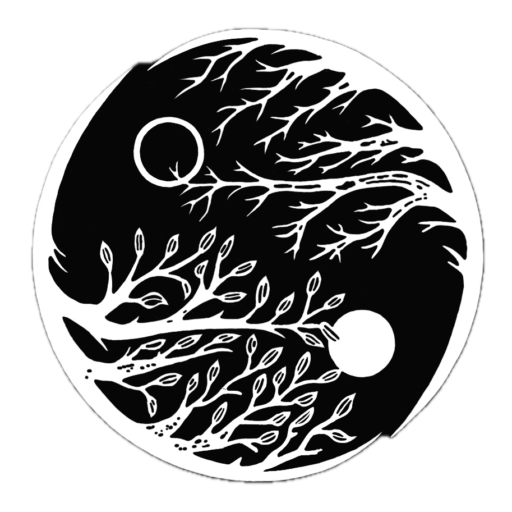How to Dream More
Unlocking the Power of Your Unconscious

When you wake up, you might feel like something happened while you were asleep. It’s not as if you just closed your eyes and instantly reopened them in the morning. You had visions during your sleep. You might wonder if these visions were your thoughts or if they came from somewhere else. Upon waking, these visions start to fade unless you focus and try to recall them. If you don’t, they disappear, and you might think you didn’t dream at all.
My friend Paola once shared a dream with me: “Water was far away from a low terrace. A woman said that a higher tide comes at night. When the tide reached the shore, hundreds of fish were stranded. I helped push them back into the water as others joined me.”
Symbolically, water often represents the unconscious mind. When we sleep, the tide rises, bringing dreams into our awareness. In the morning, the tide recedes, and the dreams, like stranded fish, start to vanish. Our waking ego tends to push these “fish” back into the water, causing us to forget our dreams. Remembering dreams is like fishing; you must catch and hold onto these fleeting scenes before they disappear.
Dreams are easier to remember when they evoke strong emotions, such as joy or fear.
Why do we dream
To understand why we dream, consider our existence in space and time. We navigate the world in moments that constantly change. Life is a maze, and finding the right path involves learning from others’ experiences. That’s why we are drawn to stories from an early age. As life becomes more complex, we seek stories and philosophy to guide us.
But sometimes, we still feel lost. We wonder if we’re heading in the right direction. Dreams can offer guidance, acting as stories from our unconscious mind to help us navigate life’s maze. Evidence suggests that part of our unconscious is not confined to space and time, allowing us to have premonitions and see beyond the present
How to dream more
To dream more, we need to calm our inner waters. The water and ocean symbolize the unconscious mind, and turbulent waters obscure our vision and reflection, preventing us from seeing what’s beneath the surface. Here’s how to achieve this:
1. Honesty: By being honest with ourselves and others, we clear our minds, making it easier to see and understand our dreams. Lies create turbulence, leading to confusion and loss. People who lie to themselves and others often struggle to discern reality. They deceive themselves until they find themselves lost in the most challenging parts of the maze, paying the price for their dishonesty. Through honesty, we can also see a clear reflection of ourselves and the reality around us by calming the water’s surface.
2. Curiosity: To explore the unconscious, we must value and seek out what lies beneath the surface. If we don’t value something, we won’t become curious to learn more about it. Curiosity drives us to delve deeper into our dreams and unconscious mind.
3. Courage: Facing what we find in our dreams can be terrifying and painful. These truths are often about ourselves, hidden from our sight by our ego. Courage enables us to confront and understand these deeper truths.
Practicing honesty, curiosity, and courage continuously can unlock the power of the unconscious. This journey isn’t easy and requires determination, but it leads to profound personal growth and deeper understanding.
To dream more is a process of clearing the mind and bravely exploring the depths of our unconscious. With these three keys, you can begin to access and harness the power of your dreams, guiding you through the maze of life.
“Until you make the unconscious conscious, it will direct your life and you will call it fate.”
C. G. Jung

